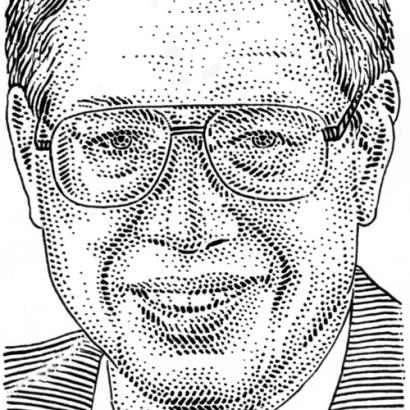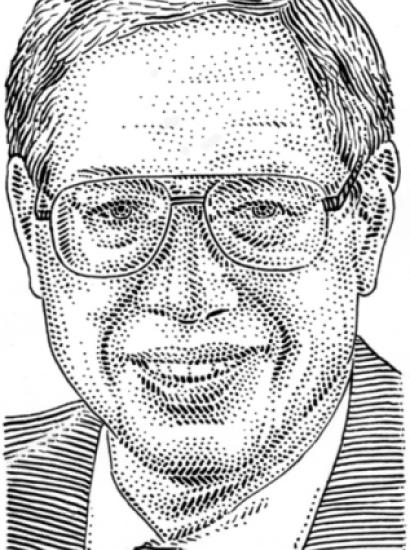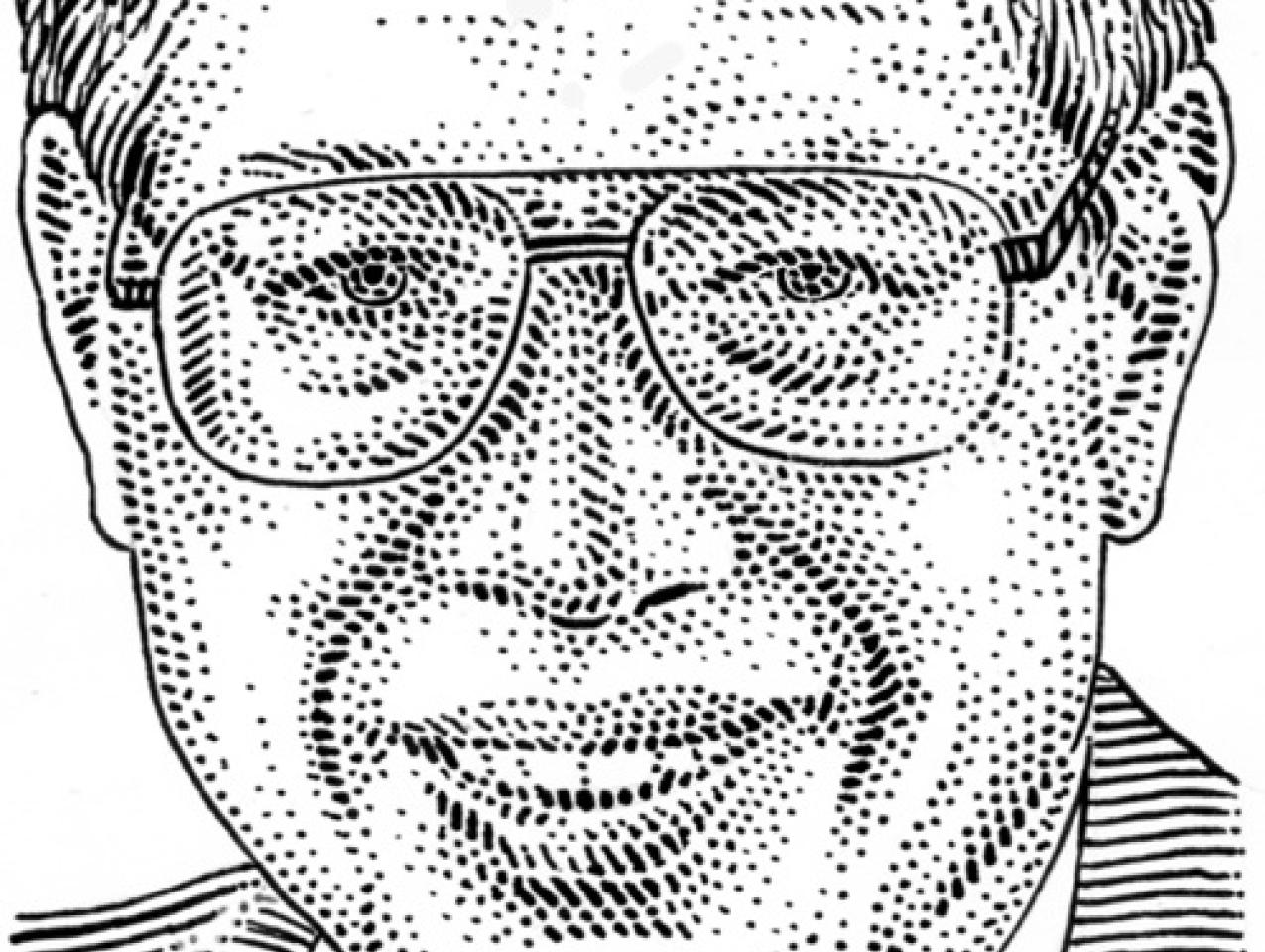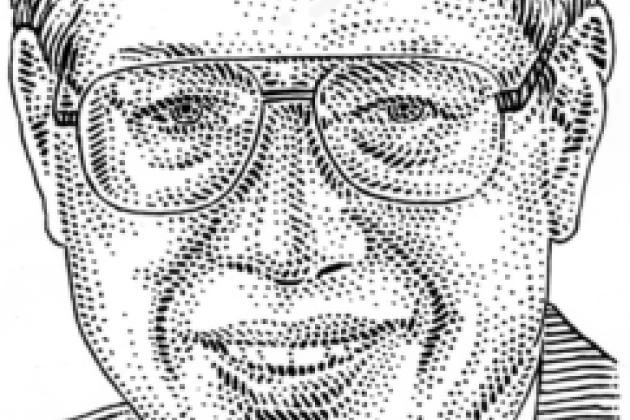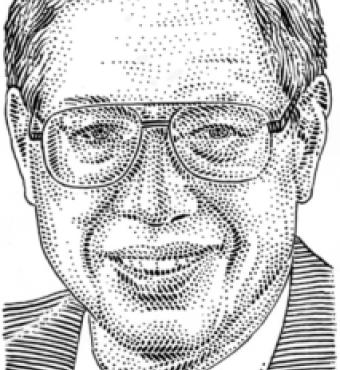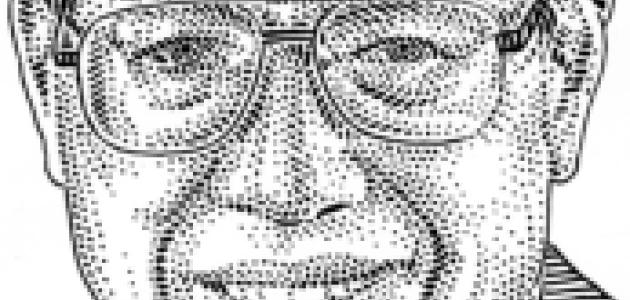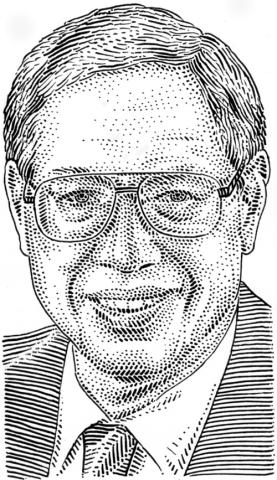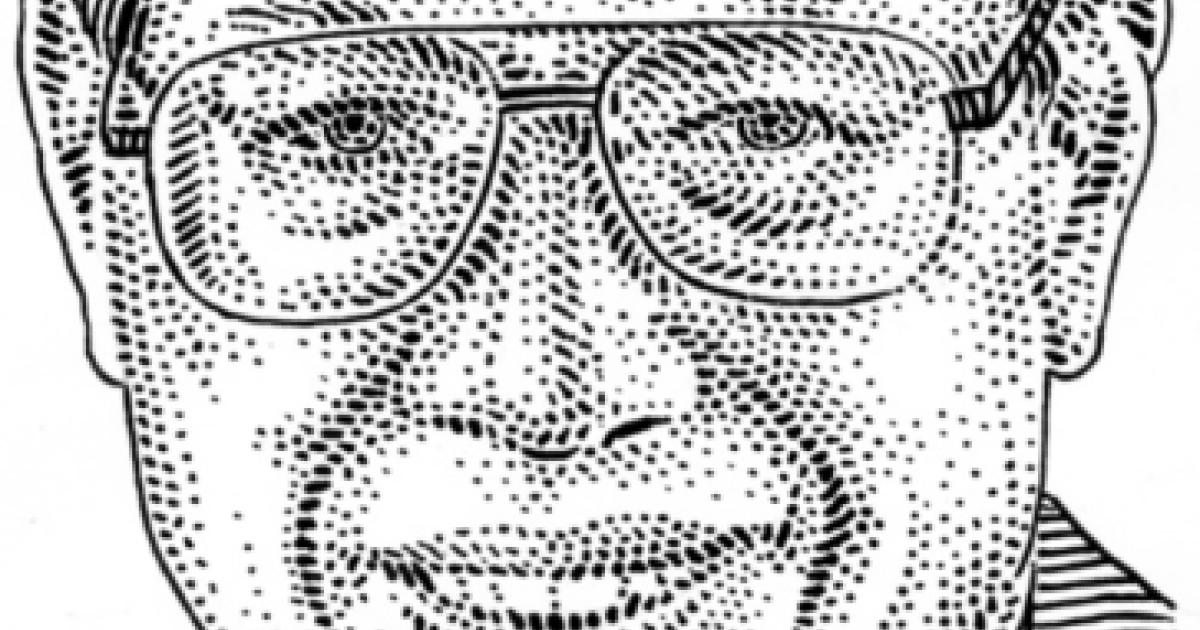- Security & Defense
- US Defense
- Terrorism
- Law & Policy
- Civil Rights & Race
On December 4, 2010, John Pistole, the new head of the Transportation Security Administration (TSA), gave an extensive interview to Matthew Kaminski of the Wall Street Journal. The interview took place at an "[u]ndisclosed location near Washington," from which Pistole has doubtless departed. But if his whereabouts are a great mystery, as befits a man who is knee-deep in security matters, his policy directions are plain to see. They compromise a mix of the good, the bad, and the ugly. The question is how to disentangle the parts.
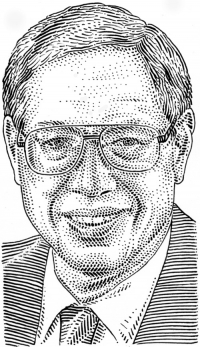
The best news comes from his clear recognition that technological improvements can go a long way to reduce the inevitable conflicts between liberty and security. To no one’s surprise, these tensions have become more intense with the TSA’s decision to give all airline passengers the unappetizing choice between intrusive full-body screening machines and offensive personal pat-downs.
The bad news is that though Pistole speaks favorably of this much-needed technology, acquiring that technology in the immediate future seems unlikely, For instance, Pistole refers to a "blob" technology, currently in place in Amsterdam, which can pick out foreign objects on a person without giving detailed images of everyone’s private parts to the body scanners. The obvious question is why that technology is not also in place in the United States, or at least in certain airports, like Detroit’s, that seem to pose the highest risk for hostile action. In a nation that spends billions of dollars on misguided stimulus programs, here is one needed public expenditure that should rise to the top of the list.
Budgeting for much needed technology will not grow any likelier if Pistole implements the truly ugly: the unionization of 55,000 TSA employees, which may be just around the corner. To be sure, our misguided head of TSA utters soothing words in the Wall Street Journal: recognition of unions will come only with certain conditions. Most importantly, he says, the unions will not be able to strike, nor will they be allowed to engage in any activities with an adverse impact on security.
These familiar bromides are, of course, a recipe for a disaster. Last I looked, no public unions have ever bargained for wage cuts in order to boost national security. Today, all sorts of public employees are not allowed to strike, but that has not prevented them from ringing up huge gains in wages, working conditions, retirement benefits, and health care. Compulsory arbitration, about which Pistole is mum, is the inevitable quid pro quo for surrendering the right to strike, which public employees should never be allowed to exercise in the first place.
This pattern has been repeated countless times with public unions at the state and federal levels. If the police, firefighters, and prison guards have never let public health and security get in the way of their own economic advancement, what makes anyone think that this ugly and inexcusable maneuver will be any different?
The consequences for public safety and comfort are dire. The TSA’s budget should be spent, among other things, on improved scanning technology, but instead the money may make its way into the hands of TSA workers, who will gladly accept a bit more public abuse in exchange for a thicker pay packet. The choice between better scanners and TSA unions is a no-brainer. Rather than let the TSA imitate the unionized Post Office, the Post Office should imitate the currently non-unionized TSA.
With private unemployment rates as high as they are, there is no need to offer unionization to enlist new workers into the TSA’s ranks. But in Pistole’s unfortunate riff, we hear once again the misguided voice of President Obama, whose blind fealty to union interests has marred his entire career in public office.
The TSA’s budget should be spent on improved scanning technology, not on a thicker pay packet for TSA employees.
Pistole’s interview also addressed broader questions of airport security, and there is more good news here. Pistole is to be commended for noting that monitoring ordinary passengers in security lines is only a small part of the overall task. It is also critical to do lots of surveillance of individuals who should never be allowed to get within a mile of an airport gate to begin with.
Flying secret agents on airplanes and positioning uniformed officers at key locations—both of which seem to be critical to any decent security strategy—are essential pieces of the overall plan. The less we hear about these details in public, the better we all are, so long as we are confident that some coherent program is in place.
The most contentious issue Pistole has to face, however, is the distasteful but unavoidable question of racial profiling. According to the Wall Street Journal interview, Pistole "draws the line at giving TSA officers the right to choose passengers for closer inspection based on their age, ethnicity, religion or sex. In other words, to profile."
Profiling has both tricky constitutional and practical dimensions.
On the former, the operative constitutional text is the Fourth Amendment, which opens with these stirring words: "The right of the people to be secure in their persons, houses, papers, and effects, against unreasonable searches and seizures, shall not be violated. . . ."
The amendment speaks with a forked tongue. On the one hand, it is clear that the right of all people to be "secure in their persons" looks as though it is "violated" by either pat-downs or body scanners. On the other hand, the use of the law’s most indispensable weasel word, "unreasonable," suggests that only some searches are "unreasonable," leaving it to the fine art of constitutional interpretation to decide which ones those are.
The first gambit in favor of the government is that all searches done with consent of the individuals searched should be regarded as "per se reasonable," and thus beyond constitutional challenge. That alluring argument, however, is wrong. It is not enough that individuals who don’t want to be searched are free to go back from where they came. That "take it or leave it" notion works fine in competitive markets, but not when the government operates a state monopoly, as it does with security. It is not as though United Airlines may let you board a flight without a search, even though American Airlines demands it.
That pesky word "unreasonable" has worked its way into our constitutional heritage through the text of the Fourth Amendment. We are thus duty-bound to make sense of it by asking what kinds of searches the government can properly undertake. Here we are light years away from the invidious distinction that searches are unrelated to any legitimate government objective. It is futile for anyone to insist that it is illegitimate for the government to block efforts to blow up planes.
Some searches, then, are here to stay. The question is which. On this point, racial and ethnic profiling raises the most contentious issues because they involve discriminating on grounds over which no individual has any measure of control. Presumptively, we do (and should) think that these maneuvers are bad.
That observation does not end the debate, however. It only pushes the inquiry back a step. Is there any way to overcome the presumption that profiling is bad? In dealing with the issue of profiling, the question is this: If there were forms of profiling that reduced costs and increased safety, is there anything in the Fourth Amendment that makes this unreasonable?
The answer to that abstract question has to be in the negative. The very notion of reasonableness asks us to put different "reasons" on both sides of the moral balance beam. Reducing costs is always a good thing, as is increased safety. To attack this position is to insist that it is only reasonable for one to pay more in the form of dragnet searches in order to get less in the form of protection against criminal attacks.
The TSA’s new head John Pistole opposes profiling. But it is unwise and even dangerous to renounce a technique that has worked elsewhere.
So ultimately, the question is do we get more by concentrating on particular groups? In answering that question, Pistole made reference to the Israelis who for years have made aggressive use of racial profiling in order to keep down the obvious risks of a terrorist attack. While some might insist that this is "arguably" unconstitutional, ultimately, even a small government libertarian like myself has to conclude that it is manifestly constitutional. Much as one has to be uneasy about any exercise of government discretion, sound discretion is what it takes to run any complex government service. There is no way to wish discretion away in the operation of legitimate government agencies.
The question, then, is whether comparing the U.S. to Israel here makes sense. Pistole insists that it does not. Rather than put words in his mouth, let me quote what the Wall Street Journal has to say:
Mr. Pistole says that can't be replicated here. Israel is a small country with 50 daily flights; America has 456 airports and 27,000 flights. "It's not as straightforward as in Israel where they have a lot of experience with how to separate" suspects, he adds, saying that terrorists here don't necessarily fit a profile. Examples include dirty bomber Jose Padilla and Oklahoma City bomber Tim McVeigh.
These arguments just do not hold water. Sure Israel has fewer flights in and out. We have thousands more. But Israelis also devote fewer resources to their task than we do. The issue isn’t the difference in the size of the endeavor, it is how best to run the system with the available resources. Perhaps we cannot and should not use profiling at all locations, but we could surely start with the 50 most dangerous flights and work up from there. Start with New York, and move on to Modesto later.
As to experience, the only way to acquire it is through intensive catch-up efforts right now. Hiring a few Israelis as consultants might help speed the process along. Surely the Israelis know that some suspects will not fit the standard profile. Indeed we can go one step further. In this game of cat and mouse, we can be sure that any determined terrorist organization will do the unexpected by adopting fiendish counterstrategies to evade our first line of defense.
It is, however, just a nonsequitur to say that we should abandon profiling just because terrorists have counterstrategies. If we can implement our first-best strategy, we can force terrorists to adopt their second-best strategy, which already lowers the odds of a catastrophic loss. It is not always easy for even a determined adversary to switch the point of attack.
Think of it this way. If a Muslim group from Yemen, say, wants to recruit a blond-haired westerner to commit suicide, the group runs all sorts of risks. Finding a westerner who believes in the culture of willing death for a higher cause is hard, meaning the terrorists run the risk of hiring someone who will fink out or turn over valuable evidence to the United States. Indeed, we can capitalize on that uncertainty by dispatching government agents who could lure the terrorist groups into a trap that will allow us to gain valuable access to terrorist networks.
The hard question is to figure out how to profile. And one key element is to be sensitive of the needs of those individuals who are members of the targeted races and nationalities. Managing racial sensitivities is unpleasant business, as are body scans and pat-downs.
In a world in which everyone concedes that absolute security is not attainable, it is unwise, even dangerous, to unilaterally renounce a technique that has yielded positive returns elsewhere. Our skies have been safe for nearly the past ten years. We have to take all prudent steps, even unpleasant prudent steps, to make sure that this streak of good fortune continues.








